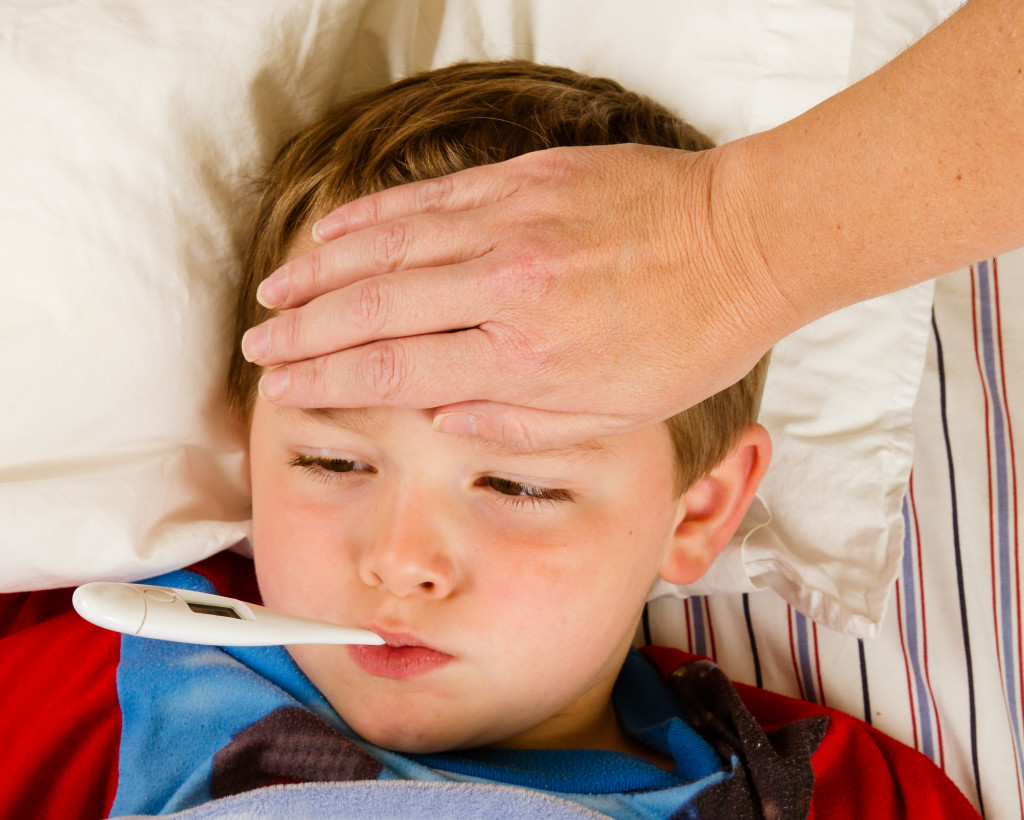You are what you eat, and that holds especially true for children. If your child is consuming an improper diet, they might face serious health issues. Here are the most common problems associated with an unhealthy diet in children.
Obesity
Obesity is an epidemic, and it can have a serious impact on your child’s health. If your child is obese, they are at risk for developing diabetes, heart disease, and other life-threatening conditions. Furthermore, many obese children struggle with self-esteem issues that can lead to depression or eating disorders later in life.
To prevent obesity in your child, it is important to carefully monitor their diet and encourage them to exercise regularly. This might mean modeling healthy behaviors for your child, such as cooking at home instead of eating out or going for a family walk after dinner.
Type 2 Diabetes
Childhood obesity can lead to type 2 diabetes. In fact, type 2 diabetes was once known as adult-onset diabetes because it was so rare in children. Nowadays, however, type 2 diabetes is becoming more and more common in young people due largely to the increase in childhood obesity rates.
Poor diet is one of the main risk factors for type 2 diabetes; other factors include lack of physical activity and family history. Type 2 diabetes can cause serious health complications, such as heart disease, stroke, kidney damage, blindness, and amputations.
Heart Disease
Heart disease is another serious health problem associated with poor diet. Children who are obese due to poor diet are more likely to have high blood pressure, high cholesterol, and clogged arteries.
Once again, if your child is overweight or obese, it is important to improve their diet and help them engage in regular physical activity. This might mean encouraging your child to eat more fruits and vegetables, reducing sugar intake, and removing sweetened beverages from their diet. It might also mean limiting screen time and having them participate in sports or other physical activities after school.
Attention Deficit Hyperactivity Disorder (ADHD)
It is well known that a poor diet can harm brain health and mental performance, which might be why children with ADHD are often found to have nutritional deficiencies. Research suggests that there may be a link between sugar intake and artificial food coloring and the development of ADHD in children. Furthermore, many children who suffer from ADHD tend to have poor diets, which might worsen their symptoms.
If your child has been diagnosed with ADHD, it is important to work closely with them and their doctor to develop a personalized nutrition plan to help improve focus and concentration, reduce hyperactivity, and improve overall brain health. This might involve cutting out foods high in sugar or artificial food coloring, increasing their intake of healthy fats and omega-3 fatty acids, and adding certain vitamins and minerals to their diet.
Dental Problems

A poor diet can also lead to several dental issues. For example, foods high in sugar and starch cause the bacteria in your mouth to feed on them and release acid that can break down tooth enamel. This hard outer layer protects your teeth. Over time, teeth can become discolored or decay. Eating lots of sugary foods can also cause cavities. Furthermore, a poor diet can lead to various nutritional deficiencies affecting oral health. For example, a deficiency in vitamin D or calcium—important for dental health—can weaken bones and increase the risk of tooth loss.
If your child has oral problems due to a poor diet, take them to a dental clinic for a checkup. A dentist can help identify and correct any dental problems your child is experiencing, as well as provide advice on adopting a healthier diet to promote better oral health. This might involve making sure they are brushing their teeth daily and limiting sugary snacks in between meals. Additionally, it might mean adding more calcium-rich foods like dairy products or leafy greens to their diet.
Sleep Apnea
A poor diet can also lead to sleep apnea, a serious disorder in which breathing repeatedly stops and starts during sleep. In many cases, this is caused by excess weight in the upper body or neck area, though some studies have also found links between certain foods and sleep apnea.
For example, consuming too much alcohol—a common practice in children—can relax the muscles in your throat and cause them to close, leading to episodes of stopped breathing during sleep. Additionally, foods high in sugar or caffeine can disrupt sleep patterns. These substances can interfere with the body’s natural sleep cycle and make it harder for you to get a full night’s rest.
Poor diet is one of the main risk factors for obesity, type 2 diabetes, and heart disease in children. It can also lead to dental problems, ADHD, and other health complications. By being aware of these risks and working closely with your child to develop a healthy diet, you can help them live a long and healthy life.
